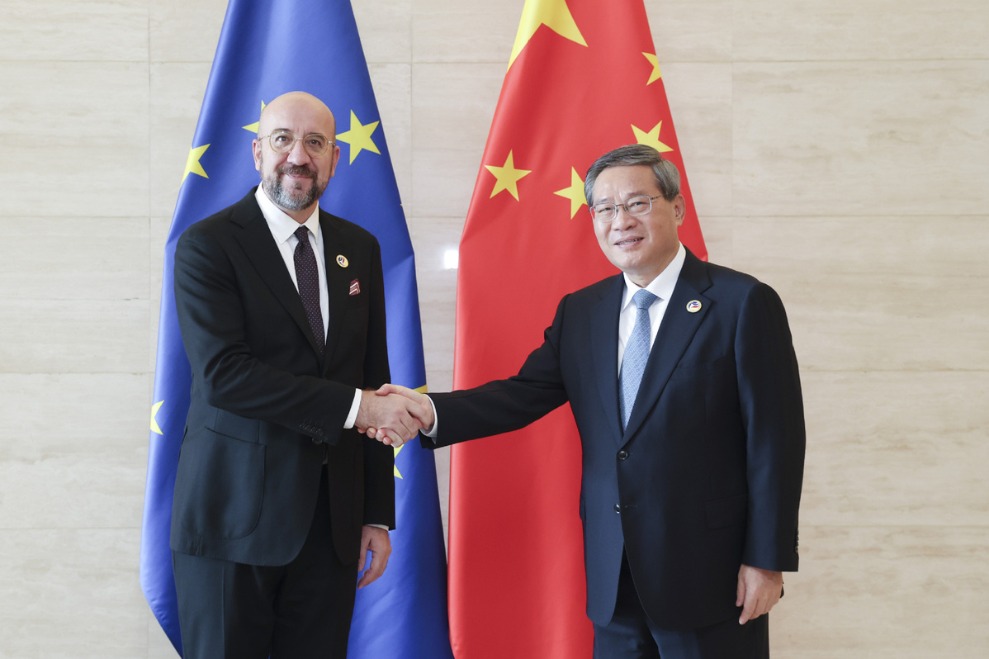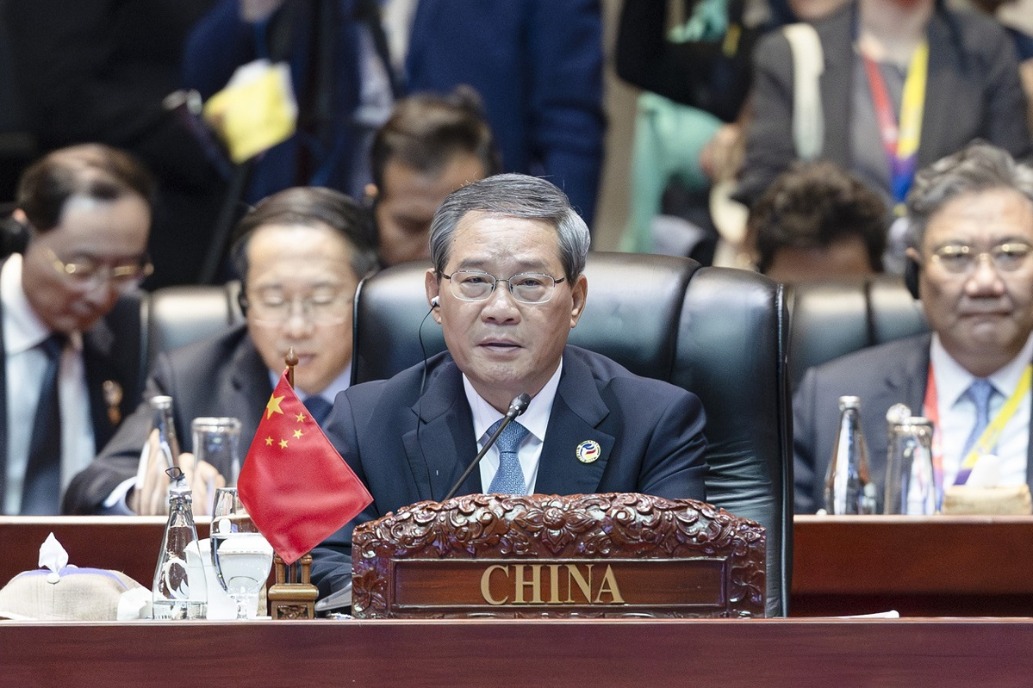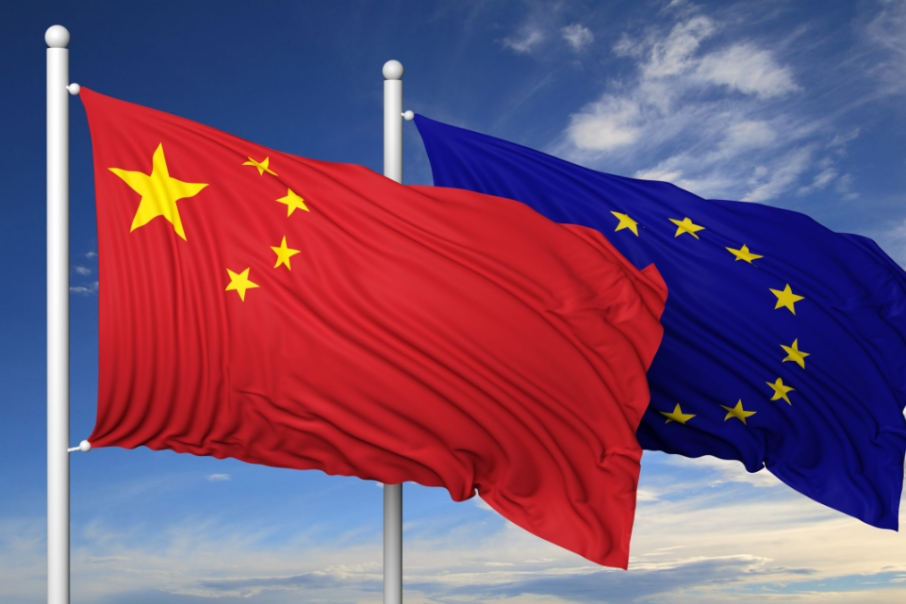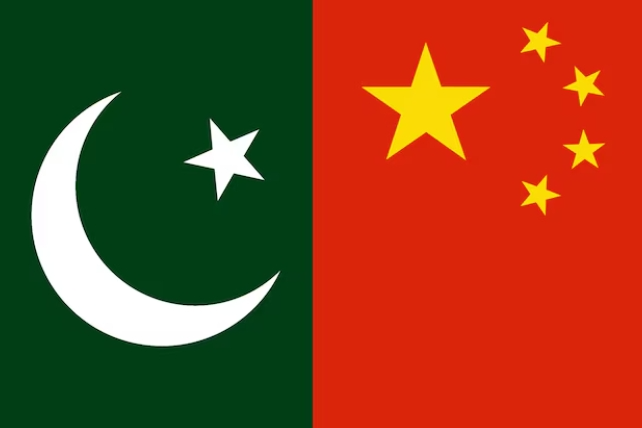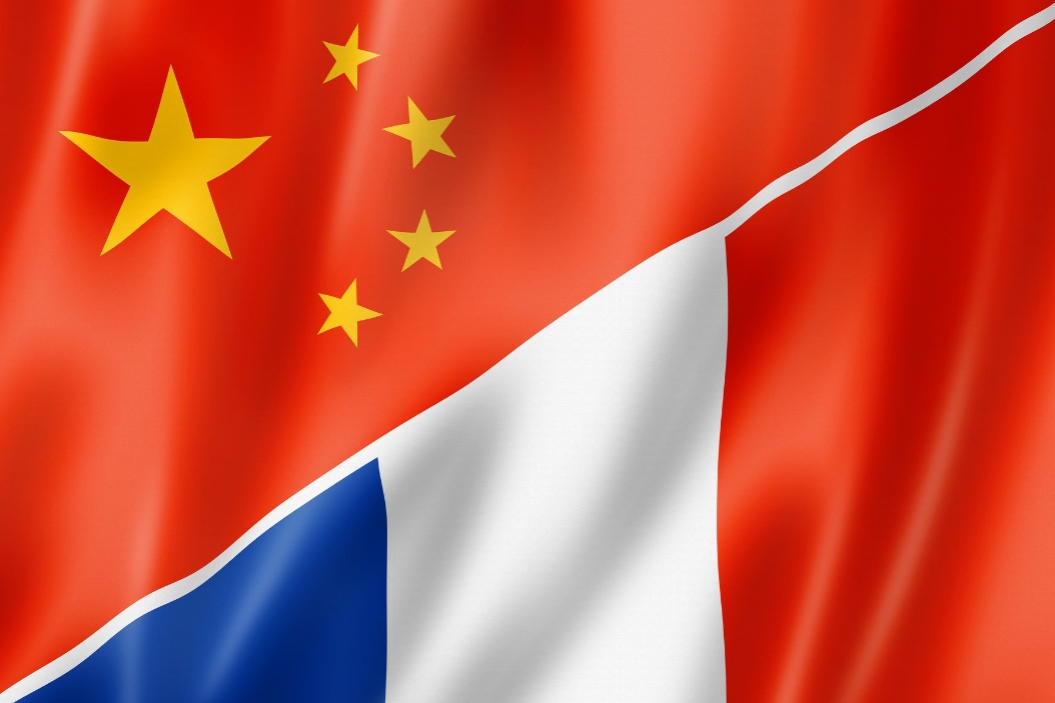BRICS poetry festival helps to enhance cultural exchanges


The weather in Hangzhou, Zhejiang province, is very hot these days, but it can't dampen the enthusiasm of poets from around the world to experience Chinese culture and communicate with their Chinese peers through the medium of poetry.
The First International Youth Poetry Festival: Special Session for BRICS Countries raised its curtain on Friday in Hangzhou, bringing together 49 poets from nine countries — Brazil, Russia, India, South Africa, Saudi Arabia, Egypt, the United Arab Emirates, Iran and Ethiopia, alongside 23 Chinese poets. Organized by the China Writers Association, it aims to foster friendships through poetry and use the art form to enhance cultural exchanges.
During a six-day itinerary, the poets will explore scenic spots, visit museums and immerse themselves in ancient villages and towns in Hangzhou. They will also go to the Great Wall, tour the Forbidden City and delve deep into Chinese culture in Beijing next week. The festival includes presenting poetry manuscripts to museums, poetry readings, academic exchanges centered on poetry creation and communications with college students.
After visiting the renowned West Lake in Hangzhou, Brazilian poet Luiza Romao was impressed by the beautiful landscape. She said the poetry festival allows poets from various cultural backgrounds to communicate, providing them another way to see the world and to write by learning from each other.
"When the world is full of uncertainties, such as wars and unexpected new technologies, with so many poets here, we can imagine more possibilities for the future," said Romao.
Most of the foreign poets have never visited China before. Their knowledge about the nation was mainly gleaned from the internet. South African poet Gaireyah Fredericks said she never thought that one day she would stand in the land of China and share her poems. Her poetry focuses on people's daily lives and she loves to observe people.
"It's so beautiful, neat and clean. People here are very friendly. I really expect to explore Chinese culture and communicate with Chinese poets," she said.
Hatim Al-Shehri from Saudi Arabia said that the city of Hangzhou is so amazing that it's "a heaven" where he would like to live out his final days. The city has long been described by poets as "heaven" in Chinese history, attracting numerous Chinese poets who praised its beauty in their works. Among them were two of China's greatest poets, Bai Juyi and Su Shi, both of whom lived in the city for years and created many well-known verses.
Chinese poet Liang Xiaoming introduced these two great poets to his foreign counterparts. After touring a hall dedicated to Su Shi and Bai Juyi and listening to the verses and stories of these revered poets, attendees responded with enthusiastic applause.
Liang said that poets are the conscience of the world, preserving the innocence of humanity. He found that the themes explored by poets taking part in the festival were quite similar, including topics like death, survival and the pursuit of happiness.
"Regardless of their race or nationality, the hearts of poets across the globe are the same, and the topics they care about are universal," said Liang.

















